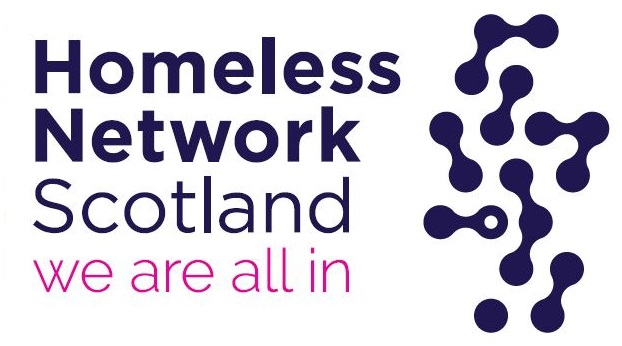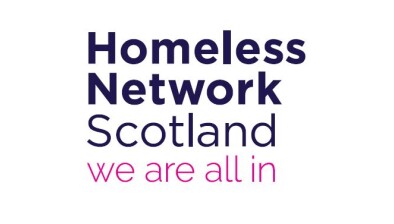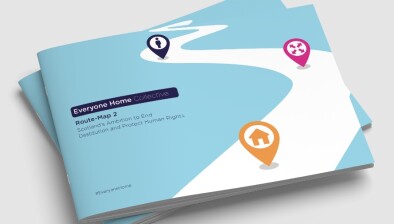Homeless Network Scotland: We must use every lever available to support people through the housing emergency

After GWSF’s David Bookbinder pondered the wider implications of the City of Edinburgh Council’s decision to suspend housing list lets in favour of homelessness allocations, Homeless Network Scotland has issued a response.
Three weeks ago, Edinburgh Council took the decision to suspend its housing lettings policy to reserve almost all its stock for people experiencing homelessness. Homeless Network Scotland supported that unprecedented move – on condition that it is a stop-gap measure limited to the period of the housing emergency.
Alongside that we called for action to drive a significant increase in allocating all available housing to households who are homeless during the emergency.
Why? Because when resources, time and infrastructure are strained, directing efforts to the most affected ensures the greatest impact in mitigating harm. And in this reality, failing to assist those most affected – most harmed – by the housing emergency risks greater problems for all of us. The cost of inaction is considerable, perpetuating cycles that limit lives, burden public systems and erode community wellbeing.
An opinion piece in Scottish Housing News referencing Edinburgh’s decision stated earlier this week: “It’s no surprise that the very word ‘emergency’ may drive courses of action that would previously have seemed exceptional or even extreme.”
We agree. But there is a danger that those ‘exceptional’ responses will include a return to old solutions to homelessness like hostels or night shelters. The human cost of that path becoming a ‘new normal’ if nothing else is tried or tested doesn’t bear thinking about.
But of course, a fair society doesn’t triage human dignity – it ensures settled housing for all of us as the bedrock of our equality. The moral flaw lies not in prioritisation itself – but in the scarcity that necessitates it. It is governments that we should be looking to, to end the housing scarcity. And who have the capacity to reallocate resource through progressive taxation, redirecting funds from less critical areas and by regulating housing markets. Choosing to underfund housing, forcing groups to compete for it is not a neutral act; it is a moral and political failure over many decades in Scotland.
The impact of Edinburgh’s decision is being closely monitored, not least by the council. We have to trust that the local authority will act quickly if there are unintended consequences. We agree that a homeless application must not become the sole route into social housing.
Housing and homelessness organisations, social landlords, local authorities, service providers and community organisations may not have identical priorities, but they share a common ambition in doing the best for people. All those parts of the system are already doing so much to meet that goal day in, day out, balancing priorities in the face of extreme pressure.
In all of this, it’s possible to strike a smart balance: prioritise those most impacted by the housing emergency while steadily advancing a comprehensive housing strategy that ensures equal and rapid access for everyone.
Building enough social homes is the way to make our strong homelessness legislation work in the way it is meant to, so that no one is denied their right to a settled home and support if it’s wanted – with no discrimination because of background or circumstances.
- Homeless Network Scotland is the national membership body of organisations and individuals committed to a future without homelessness.






